In order to contribute to completing the digital transformation goal by 2024, Quang Ninh province is actively implementing cashless payments in buying and selling at retail gasoline stores in the area. Contribute to building a digital society, creating transparency in business, and facilitating the purchase and sale of goods.

With a large amount of retail gasoline, gas station No. 147 (Military Zone 1 Gas Station, Quang Yen Town) has quickly upgraded the internet infrastructure, arranged QR code scanning points, and trained staff on cashless payments since August 2023. At the same time, coordinate with the local community digital technology team to actively promote, guide, and support customers in cashless payments. Mr. Bui Van Nguyen, Store Manager of Gas Station No. 147, said: With comprehensive investment in upgrading, the implementation of cashless payments has helped the store improve management efficiency, better cash flow, and easy daily revenue inventory. The unit does not need to exchange a large amount of small bills, sometimes up to 200 million VND, to pay customers.
Mr. Nguyen Xuan Toan (Quang Yen Ward, Quang Yen Town) shared: I often pay cashless when buying gasoline by swiping ATM card, swiping visa card or scanning QR code. Cashless payment is very convenient, fast and accurate. I do not have to carry cash, limit loss and save time.
Implementing the peak period of supporting cashless payments at retail petrol stations in the province from June 1, the Department of Industry and Trade has thoroughly instructed petrol stations in the province to guide people to make cashless payments when buying petrol and oil, along with issuing electronic invoices for each sale. At the same time, a working group was established to work directly in 13 localities to grasp the implementation situation, listen to suggestions, and accept some difficulties of businesses. Localities proactively develop plans, direct wards and communes to arrange digital technology teams to coordinate regularly at stores to support people, and increase propaganda about the effectiveness of cashless payments. Commercial banks coordinate to provide services, guide businesses and people to use QR codes, and ensure the connection of bank accounts with e-wallets of telecommunications units.

After more than 1 month of implementing the peak period, up to now, 100% of retail gasoline stores in the province have accepted cashless payments. 100% of agencies, units and enterprises using state budget funds to pay for gasoline use cashless payments; 80% of the total contract revenue of the store and 35% of the total retail revenue of the store are paid cashless.
In addition to the achieved results, cashless payments at retail petrol stations still face many difficulties. Mr. Do Hong Hung, Deputy Head of the Economic Department (Quang Yen Town) said: Up to now, 100% of petrol stations in the town have installed cashless payment methods and issued invoices for each sale according to regulations. However, cashless payments are not frequent, revenue is low, and the percentage is small, about 15-20% of the total revenue of the stores. One of the biggest difficulties is the habit of most consumers, especially the elderly, students... to pay in cash. Because most of the stores in the town are mainly retail, the level of information technology is still limited, the internet connection in some areas is still weak, making it difficult to make payments... In addition, the rate of people opening bank accounts in rural areas is still low. In addition, current community digital technology teams are all part-time, operate voluntarily, and have no support system, so mobilizing a permanent community digital technology team at gas stations is difficult.
Mr. Pham Minh Thang, General Director of Cam Pha Trade and Tourism Joint Stock Company, said: My unit currently has 4 gas stations in Cam Pha City. From 2023, all of the unit's gas stations will be equipped, installed and arranged with QR Code scanning codes. However, the majority of people, especially those in remote areas, still use cash to buy gasoline, so the rate of non-cash payments at stores reaches an average of about 20% of total retail revenue. Stores must arrange more staff to support customers to make quick payments, monitor payments, and avoid congestion. Some problems with transmission lines, banking systems, etc. cause difficulties in controlling cash flow. Along with increasing propaganda to raise people's awareness, authorities need to increase propaganda, promotion, support people to open bank accounts, develop policies to encourage cashless payments, upgrade the quality of banking services... At the same time, there are policies to support people to upgrade 4G phones for free.
Source





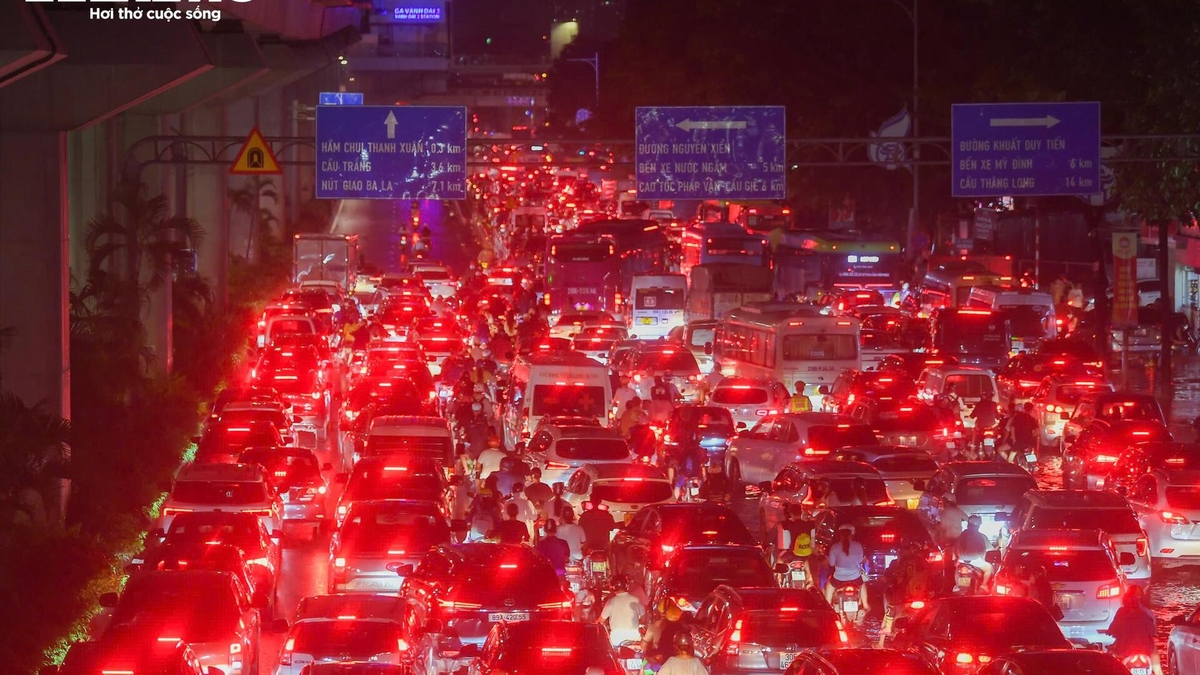


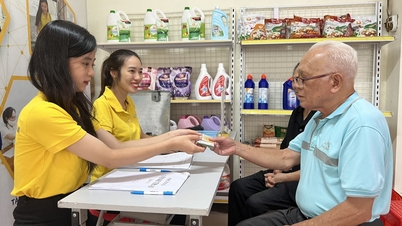



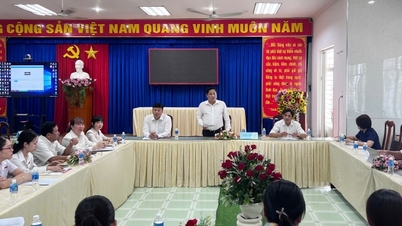







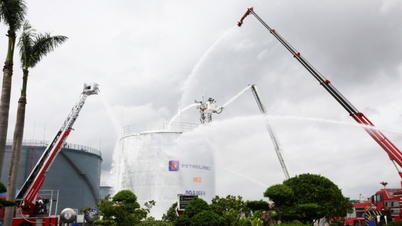


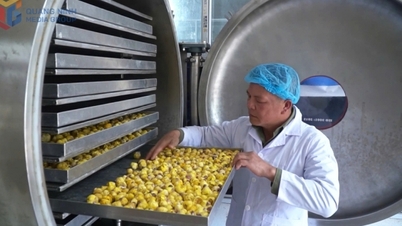

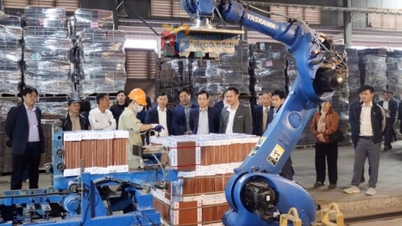
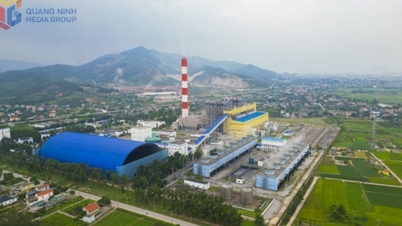









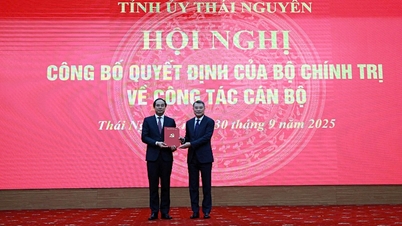
![[Photo] The 1st Congress of Phu Tho Provincial Party Committee, term 2025-2030](https://vphoto.vietnam.vn/thumb/1200x675/vietnam/resource/IMAGE/2025/9/30/1507da06216649bba8a1ce6251816820)
![[Photo] President Luong Cuong receives President of the Cuban National Assembly Esteban Lazo Hernandez](https://vphoto.vietnam.vn/thumb/1200x675/vietnam/resource/IMAGE/2025/9/30/4d38932911c24f6ea1936252bd5427fa)
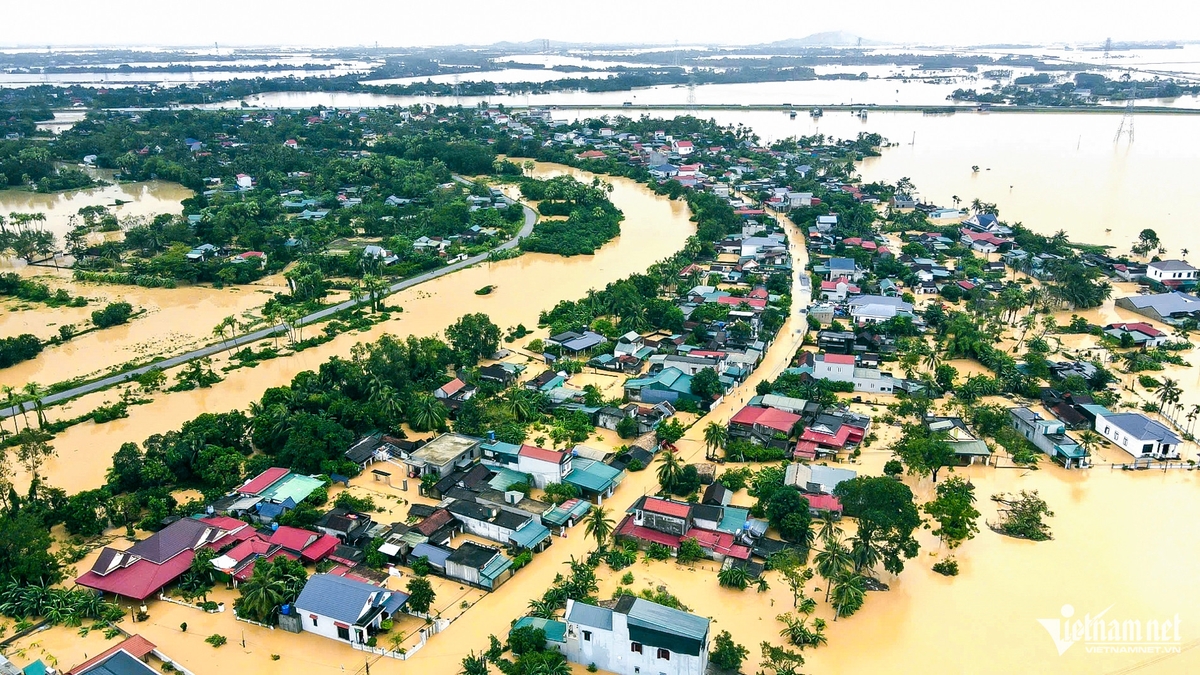
![[Photo] Panorama of the cable-stayed bridge, the final bottleneck of the Ben Luc-Long Thanh expressway](https://vphoto.vietnam.vn/thumb/1200x675/vietnam/resource/IMAGE/2025/9/30/391fdf21025541d6b2f092e49a17243f)
![[Photo] Solemn opening of the 12th Military Party Congress for the 2025-2030 term](https://vphoto.vietnam.vn/thumb/1200x675/vietnam/resource/IMAGE/2025/9/30/2cd383b3130d41a1a4b5ace0d5eb989d)






























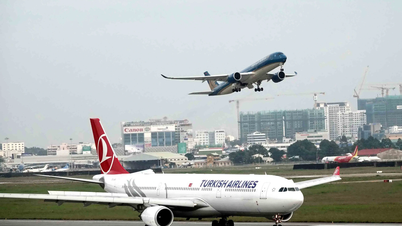



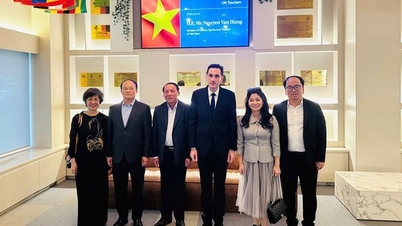








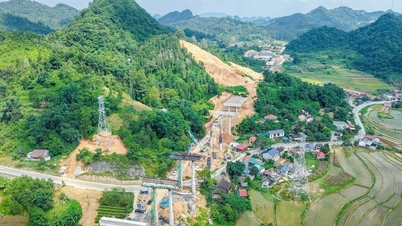

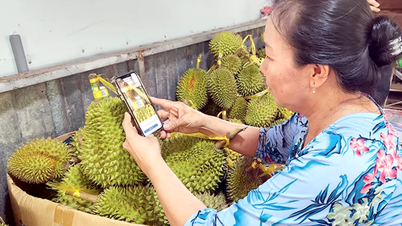


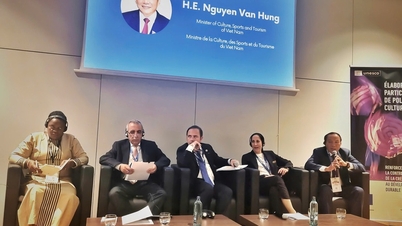

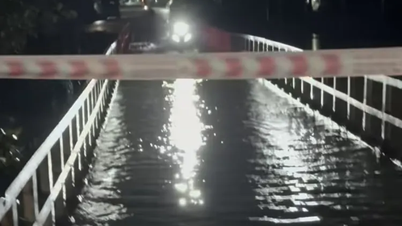














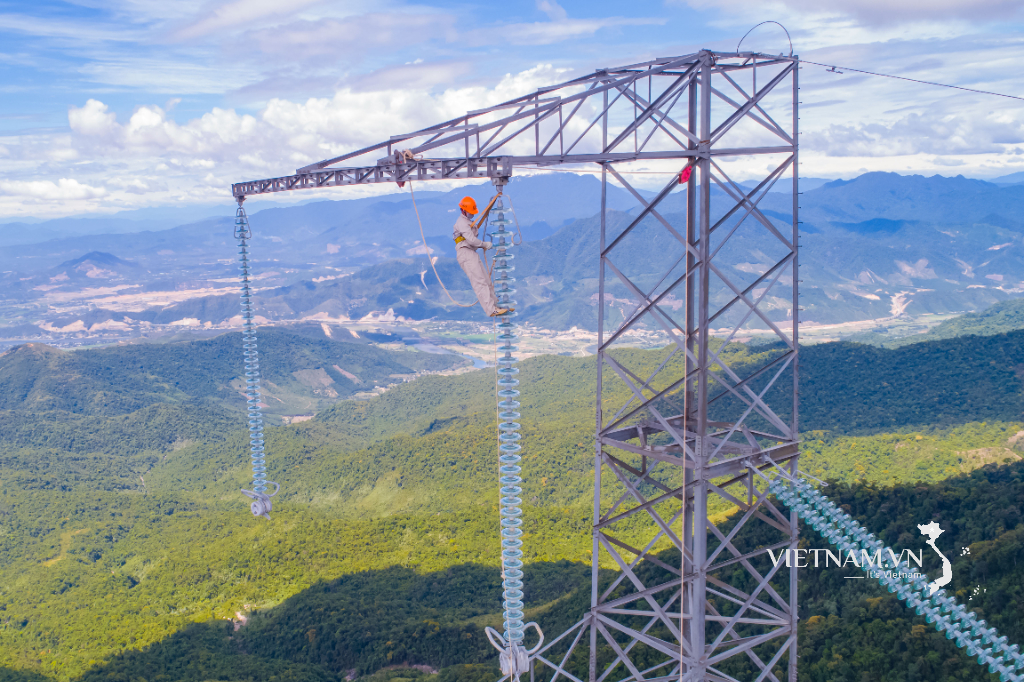
Comment (0)